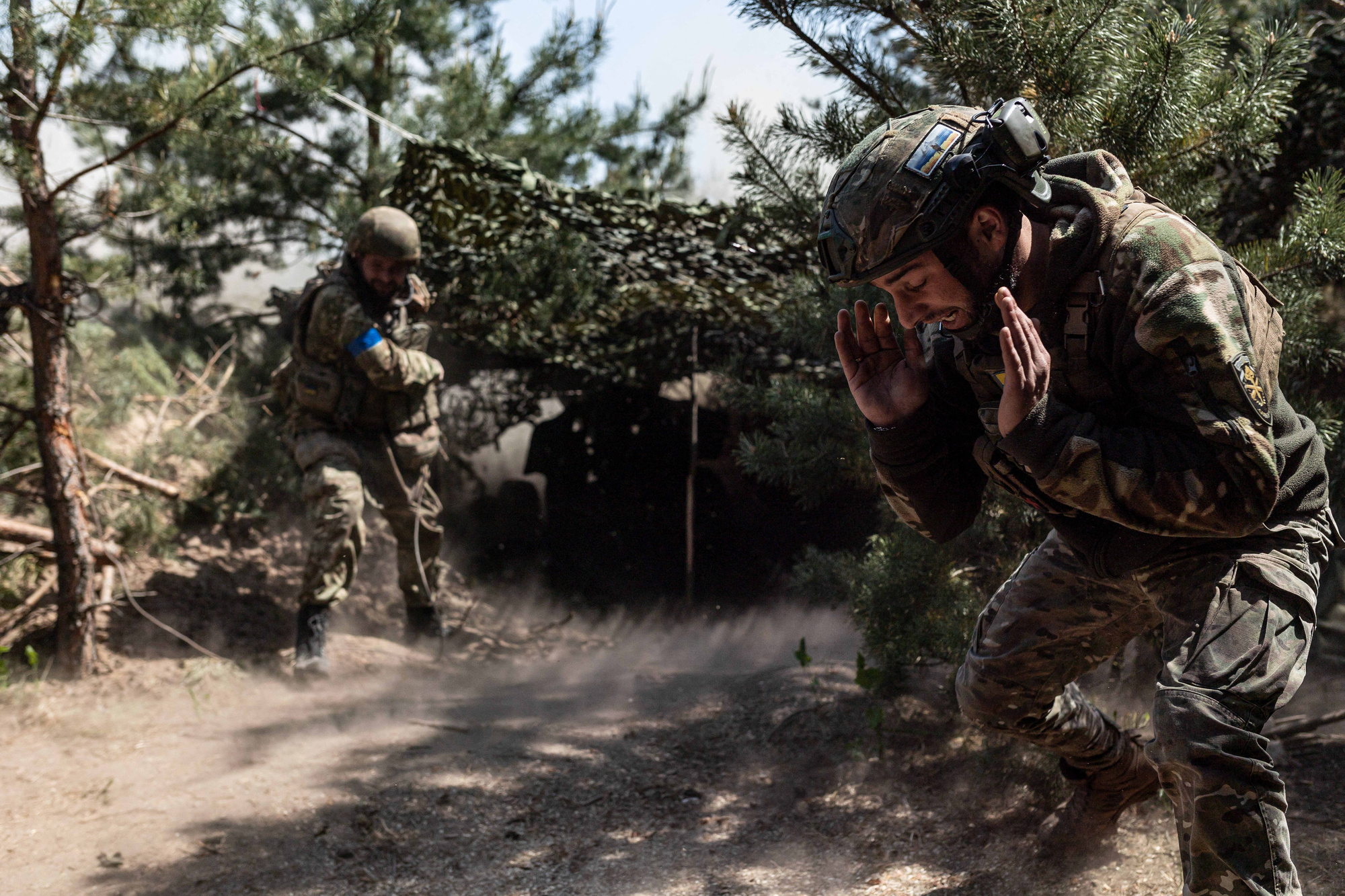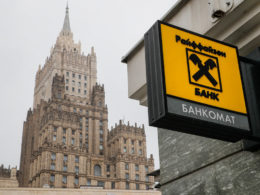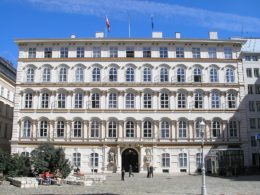Colonel Markus Reisner, head of the Officer Training Institute at the Theresian Military Academy in Austria and military expert, told UkrInform that the Russian military's current operational goal is to stretch the active front line, constrain the Ukrainian forces, and force them to deploy valuable reserves to the Kharkiv region while attempting to advance in Donbas.
"At the tactical level, we see that the Russians are trying to tie up the Ukrainians across the entire front, wherever possible. It means keeping deployed forces in direct contact so that they are not mobile and available. At the operational level, the goal of the Russians is to stretch the Ukrainians in the use of their forces," said Reisner.
According to the colonel, the Russian tactic became particularly noticeable after Moscow troops opened a new front in Kharkiv Oblast. The Austrian military expert believes that the purpose of the Russian actions was "not to advance to Kharkiv itself, but to force Ukraine to redeploy valuable reserves and forces to this area."
"At the strategic level, the goal is to exhaust Ukraine with air strikes on critical infrastructure. In fact, we are dealing with a war of attrition," he noted.
Overall, he divides Russia's full-scale invasion into seven phases. The first phase was the success of the Ukrainian defense, lasting from February to March 2022. In March, it also became clear that the Russian blitzkrieg had failed when the Russians began to retreat from Kyiv to Donbas.
"The second phase was the beginning of the war of attrition, from April to August 2022. The third phase was the Ukrainian offensive operations near Kharkiv and Kherson in September-October 2022. The fourth phase was the Russian consolidation during the winter, from November 2022 to April 2023, with an attempt of intensification through strategic airstrikes.
The fifth phase was the unsuccessful summer offensive of the Ukrainian troops, lasting from May to October 2023. The next stage was the transition to the sixth phase, when Russia tried to regain momentum, from November 2023 to February 2024, the second Russian winter offensive," the expert recounted.
According to him, the seventh phase has been ongoing since March this year – the Russian summer offensive, which involves the strategy of stretching the Ukrainian forces. It began with the Russian offensive in the north of Kharkiv Oblast on 10 May.
According to the Austrian colonel, the decisive factor for this seventh phase is resources.
"It is a war of attrition. And it must be understood: even if it seems that little is happening on the front, the course of the war continues and is determined by resource expenditure," he said.
Read more:
- From guest workers to residents: Hungary opens doors to Russians amid EU security concerns
- Pentagon nominates Buzzard to lead Ukraine support unit in Germany
- NYT: Ukraine to fly only about 10 F-16s, at most, on combat missions this year





